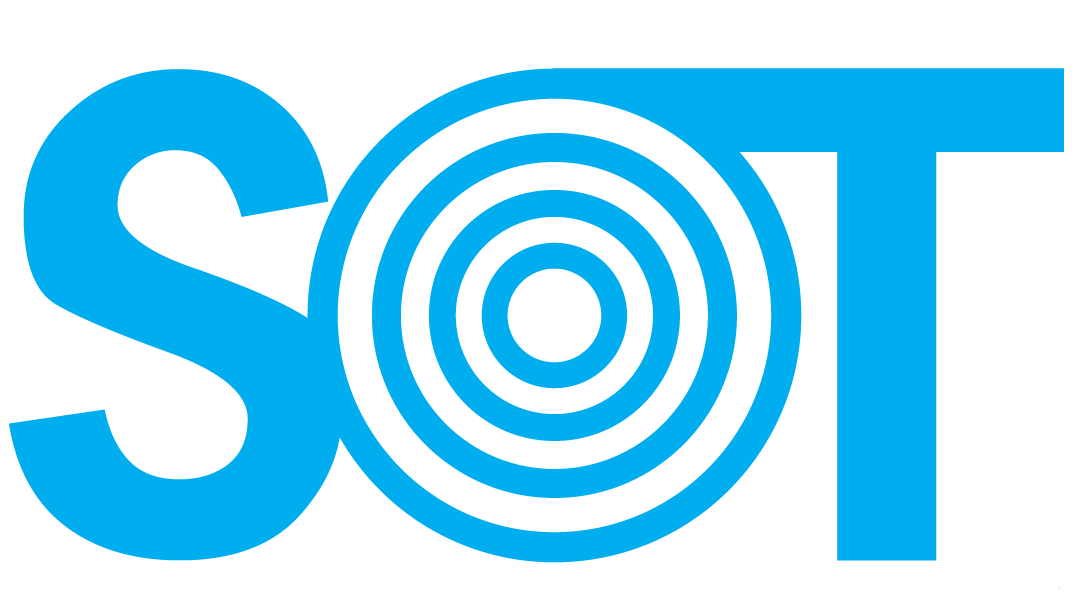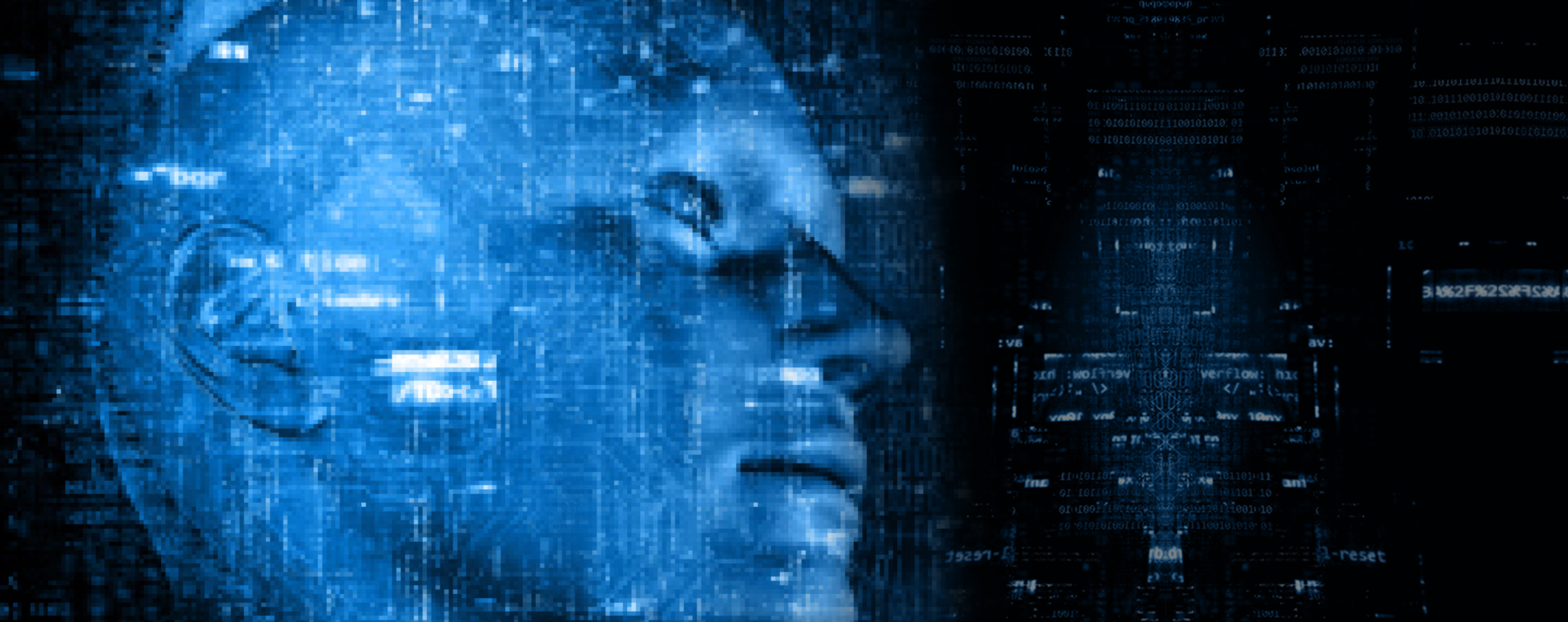Balanced Future
According to a recent comprehensive study, global warming has already bled Antarctica, which is larger than Europe, of about 2.7 trillion tons of ice. This enormous amount of ice has already raised global sea levels by as much as a centimeter (Meyer, 2018). Massive deforestation still occurs in the Amazon Basin, and across large swathes of Sub-Saharan Africa, Indonesia, Malaysia and West Papua.
1
What do we mean by a balanced future? Has our planet and all its inhabitants ever been in “balance”?
2
In 2020 the world spent over $531 billion on arms and other weaponry1, and averaged $632 billion on climate change investment.2 What/how does global expenditure indicate about our efforts to build a balanced and sustainable world?
3
According to Christopher Caldwell of the New York Times, Greta Thunberg “has not seen much of life. Her worldview might be unrealistic, her priorities out of balance. But in our time, and in her cause, that seems to be a plus. People have had enough of balance and perspective. They want single-minded devotion to the task at hand.” 3 To what extent is this opinion agreeable or disagreeable?
4
Will rapid advancements in online learning platforms pose a risk to the validity, reliability and integrity of education, and educational assessments? Or will they open up a world of knowledge and understanding for everyone regardless of social class, race, religion and gender?
5
What evidence is there that e-learning, online learning, and television school produce measurable outcomes on student learning equal to or better than classroom learning?
6
Have international examination boards failed in their role as guardians of global assessment practices and principles, and as the arbiters of how students are assessed after 10 or 12 years of education?
The global educational space has become a battleground for vested interest groups. Governments, non-governmental agencies, and the private sector, including the world’s largest technology corporations are all vying for influence and the right to decide which skills and competencies should or should not be embedded in a curriculum model. Moreover, the competing curriculum content of international and national examination boards are largely developed without any consideration to the existential realities of children, communities, and societies. China blames Hong Kong’s liberal education system for the pro-democracy movement. Hungary has rewritten its national curriculum to reflect a populist nationalism, as have Pakistan and India. The current US administration has threatened to withdraw funding from schools they perceive as being associated with the ‘radical left’. In amongst these controversial debates, the voices of reason often prevail. One voice, in particular, that of the late Sir Ken Robinson, has made a significant contribution to the debates on education transformation. This dimension will include a tribute to his lifetime service to education and his vision on new paradigms of learning.



